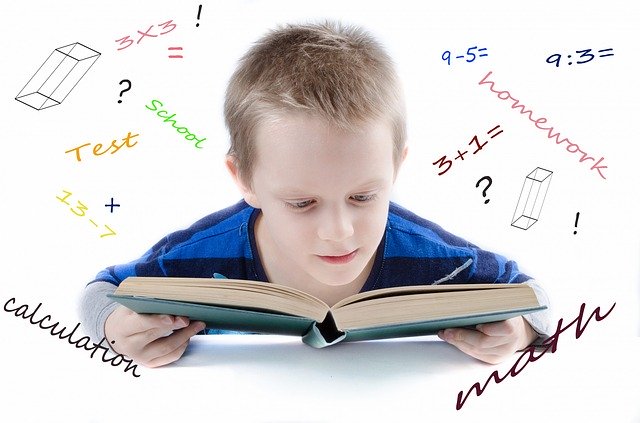According to a 2016 study, when mathematicians do high-level math, a specific area in their brain is triggered. But that result is not at all surprising. What astounds researchers is that these same brain regions get triggered when we do general math problems. This means essentially that geniuses have no special brain, and the difference in the responses of mathematicians compared to “normal” individuals had a lot to do with how mathematical concerns are understood.
Can we all learn to be geniuses? The research answers: possibly. It is however, important to note that there are still no studies that tell us whether we can train ourselves to become geniuses. But knowing how preoccupied our societies are with IQ, understanding whether we can train our brain to become genius is the next step [visit the National Academy Of Sciences to read the full research article].
Implications for AI
All human beings have the same brain structures, which means that we all have the capacity to think of great things. The world’s greatest mathematicians offers us a glimpse of our untapped capacities. What is it that enabled these mathematicians to unlock their full potential? Though no research data exists at the moment, one thing is for sure: they didn’t need AI to discover that they can do great things.
Read Original Article

Read Online
Click the button below if you wish to read the article on the website where it was originally published.
You may also like
-
Over-Reliance on AI Could Raise Risk of Developing Dementia
-
Consciousness Is Not In The Brain: What The Science Shows
-
Study shows highly creative people have “unique brain connectivity”
-
Breakthrough study shows defining traits are forged the moment we’re born
-
Study finds a single neuron is a complex system
